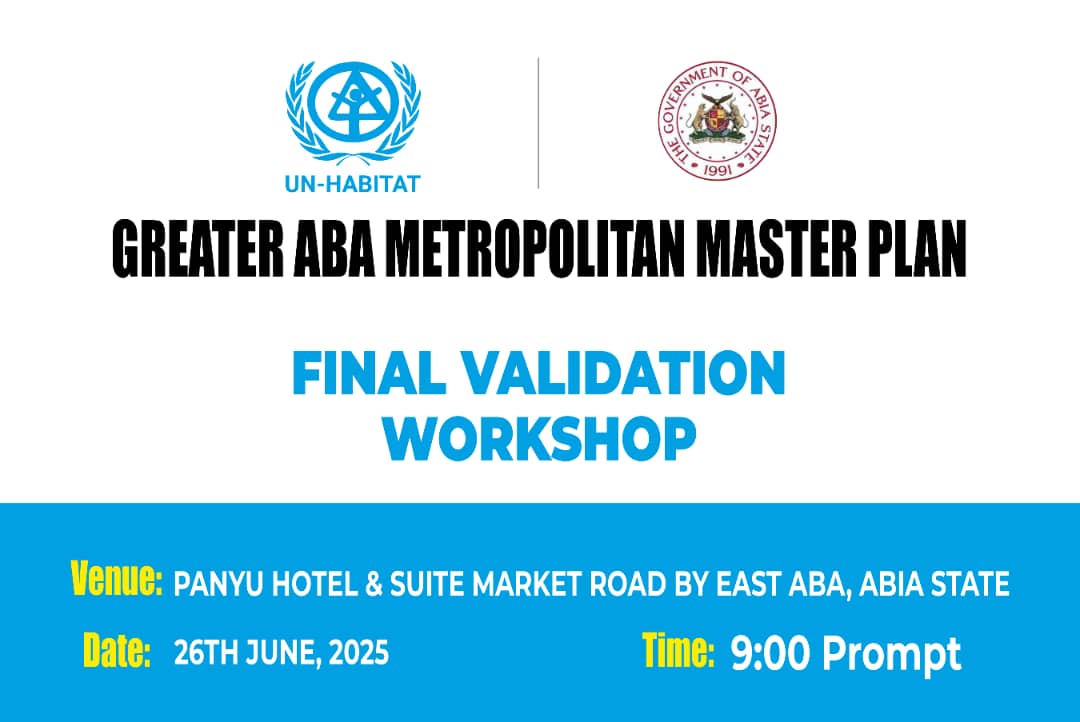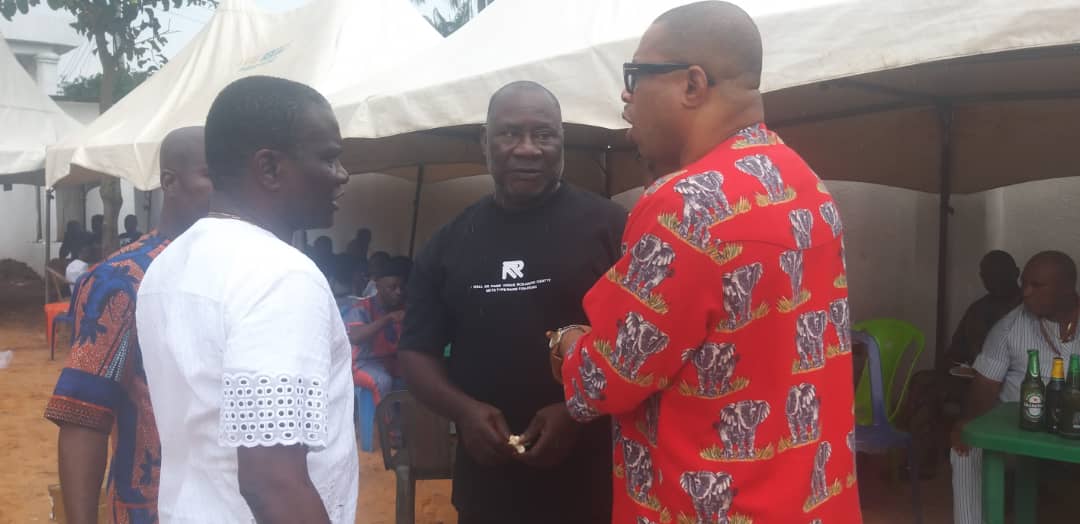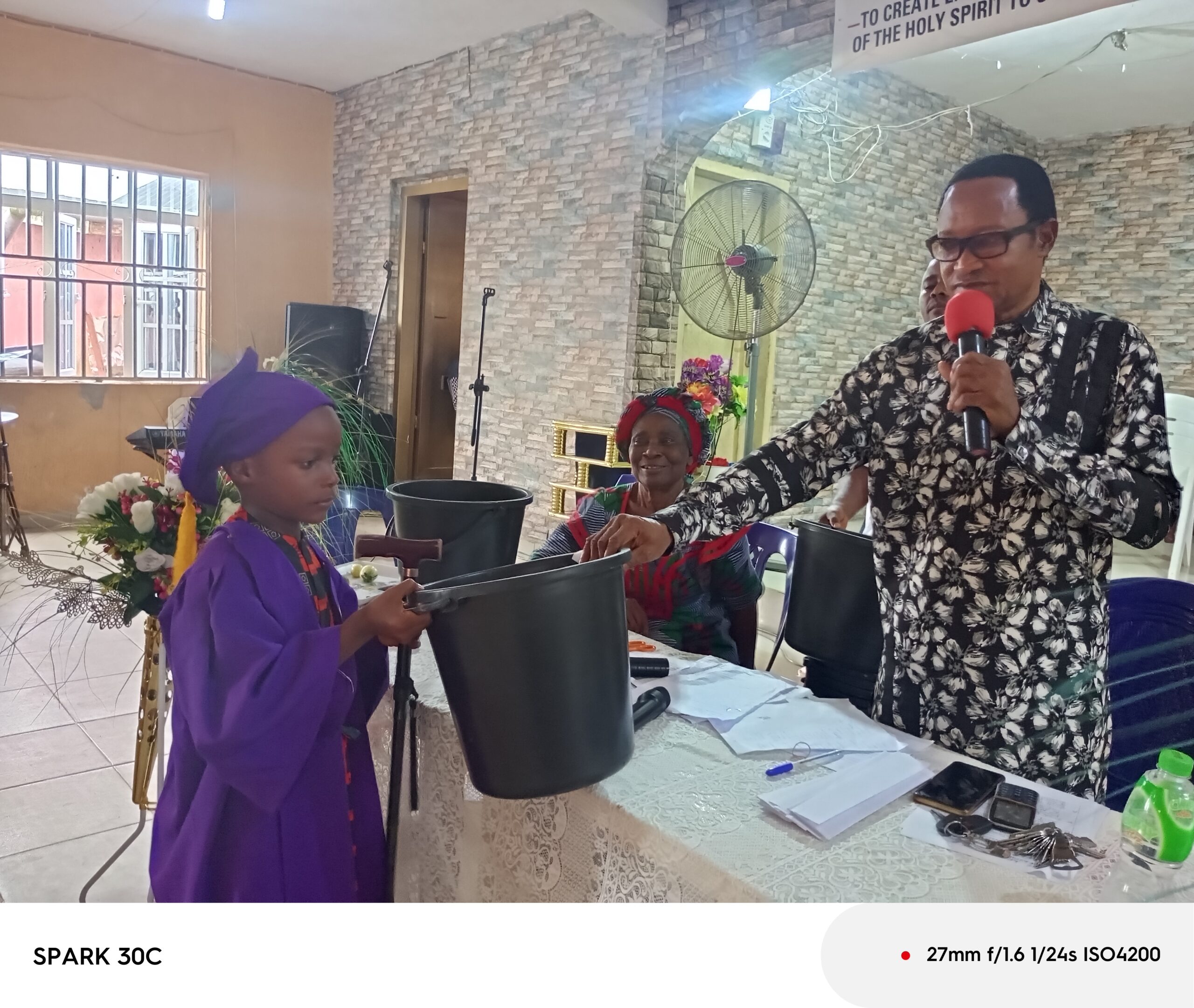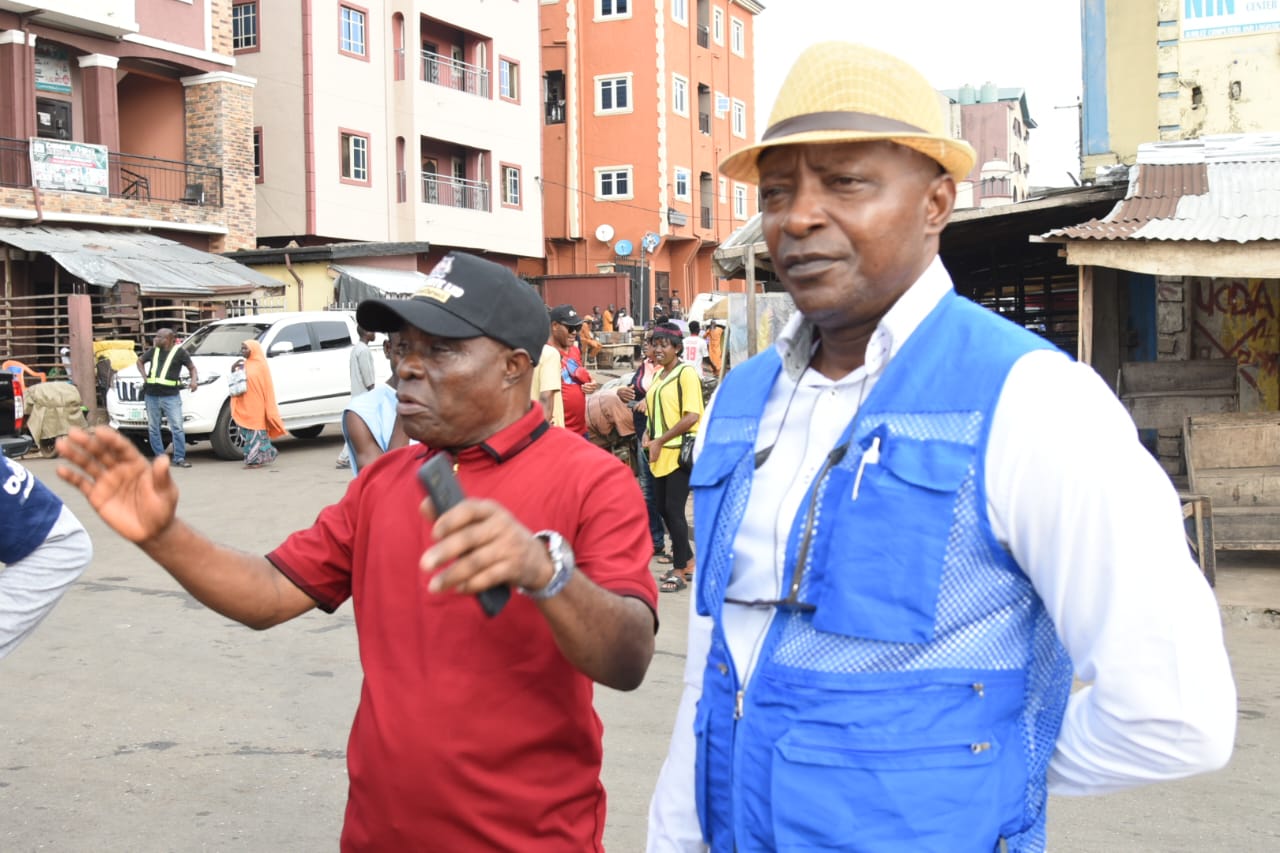
From TCNEWS
The Greater Aba Development Authority (GADA), in collaboration with the United Nations Human Settlements Programme (UN-Habitat), has launched a comprehensive 25-year master plan to transform the infrastructure and urban landscape of Aba, one of Nigeria’s most commercially vibrant cities.
The initiative, presented during a stakeholder consultative workshop in Aba, brought together urban planners, government representatives, community members, and international development partners, highlighting a major step forward in participatory urban planning and sustainable development for the city and its environs.

Declaring the workshop open, Director General of GADA, Uche Ukeje, described the master plan as a collective blueprint for the future, aimed at guiding the growth and functionality of Aba over the next quarter-century.
“What we’re trying to do here today is to set out development objectives and criteria that will guide Aba’s growth for the next 25 years,” Ukeje said. “This is your chance to control tomorrow from today.”
He emphasized that the planning process has included several critical phases — from scoping and data collection to validation and now public consultation. He assured attendees that public input remains central to shaping the final document.

“This workshop is about ensuring that everyone has a voice. Once the final version is legally adopted, changes can no longer be made. Now is the time to speak up,” he added.
Speaking on behalf of UN-Habitat, Mr. Paul Okunlola, the National Coordinator for Nigeria, outlined the organization’s role in supporting the Abia State Government through technical expertise and participatory planning.
“Aba is one of Nigeria’s most economically active cities but also one of the most congested. This plan aims to unleash Aba’s full potential through organized urban development,” Okunlola said.

UN-Habitat’s collaboration with GADA and the state government focuses on inclusive, people-centered planning. According to Okunlola, years of engagement with local stakeholders have culminated in a draft plan that addresses key urban issues such as infrastructure, land use, drainage, and environmental management.
Addressing concerns about potential demolitions during implementation, Okunlola clarified that while UN-Habitat prioritizes non-displacement, certain scenarios, such as structures built on flood plains, may require government action to mitigate long-term risks.

“Our mandate discourages demolitions. However, if structures are illegally sited in areas that endanger public safety, then it may be necessary to reconsider their status,” he noted.
He stressed that the draft plan is not a rigid directive but a proposal that local authorities may adopt, adapt, or reject. It includes an implementation framework to guide future actions.
Participants at the workshop called for transparency, inclusiveness, and continuity. Engr. Dr. Emmanuel Ezeonu urged that lessons from older plans be integrated rather than discarded. Town Planner Kingsley Madumere advocated for ongoing community input, emphasizing the need for local relevance.
“Let the people continue to make meaningful input. That’s how the plan will serve the real needs of Aba,” Madumere said.
Aba’s transformation under this proposed master plan marks a pivotal shift toward structured, inclusive, and sustainable urban development. If successfully implemented, it could serve as a model for other rapidly urbanizing cities across Nigeria and sub-Saharan Africa, where unplanned expansion often threatens infrastructure, safety, and economic growth.

In line with these calls, the draft plan will be displayed at local government offices under GADA’s jurisdiction for 21 days, allowing the public to review and submit their comments before finalization.





